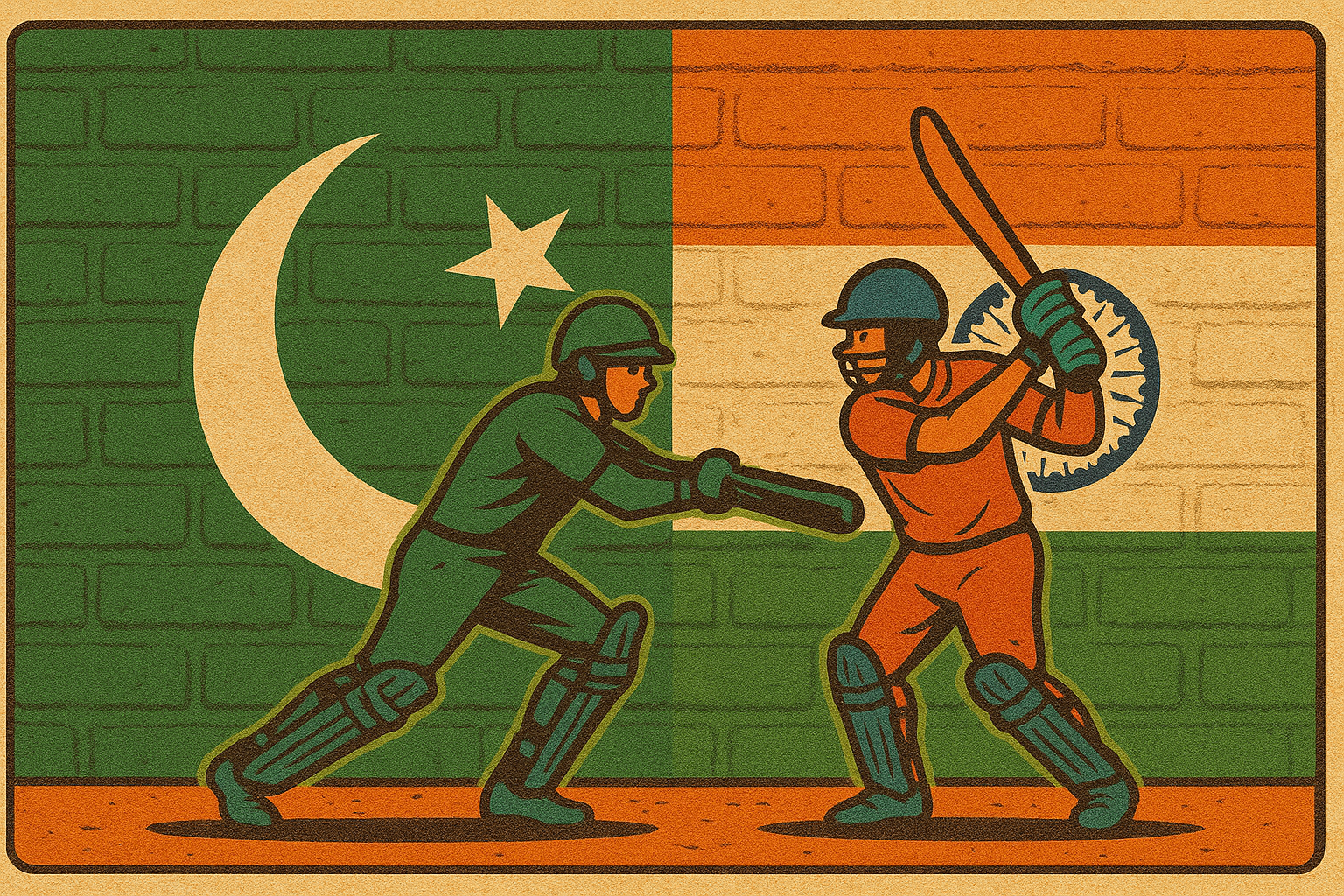The Rising Wave of #BoycottINDvPAK [7 Reasons It Matters]
Introduction
As the Asia Cup 2025 builds excitement, one match stands at the center of fierce debate—the India vs Pakistan clash scheduled for September 14, 2025. Instead of being celebrated as cricket’s greatest rivalry, this fixture has triggered the #BoycottINDvPAK trend on X (formerly Twitter). Sparked by the recent terrorist attack in Pahalgam, Jammu & Kashmir, where soldiers and civilians were killed, the movement questions whether sports should continue when national security and martyrdom are at stake.
Still wanted to see IND vs PAK match?#BoycottINDvPAK pic.twitter.com/MkKyZUWHdL
— Voice of Hindus (@Warlock_Shubh) September 14, 2025
Why #BoycottINDvPAK Is Trending
The Pahalgam attack, which claimed innocent lives, has reignited public anger against Pakistan, widely accused of sponsoring terrorism. Many Indians feel that playing cricket against Pakistan dishonors the victims and reduces their sacrifice to a mere spectacle for profit. The hashtag has since exploded online, dominating social media with emotional appeals, videos from the attack site, and sharp criticism of the Board of Control for Cricket in India (BCCI) and its secretary Jay Shah.
Voices From Social Media
Thousands of posts carry a mix of anger and patriotism:
- Mukesh Bangra: “Just days ago, innocent Indians were martyred… yet we are playing cricket with Pakistan? Is money everything? #BoycottINDvPAK”
- Manni: “Pahalgam drenched in blood, but BCCI still pushes for cricket. SHAME! Asia Cup isn’t above our martyrs.”
- Kattar Hindu: “Shame on BCCI! You forgot the Hindu massacre in Pahalgam. We didn’t. Boycott this match.”
- Major Pawan Kumar (Retd): “How can politicians feel the pain of soldiers? For them, points in a match matter more than lives lost.”
Some posts even highlight practical outcomes: reports suggest BCCI officials may skip attendance, tickets remain unsold, and major TV channels might limit coverage.
Boycott vs. Sports Diplomacy
Supporters of the boycott argue that cricket normalizes relations with a nation accused of terrorism, sending the wrong message globally. For them, it’s not about sports—it’s about national dignity.
Opponents, however, believe that cricket should remain separate from politics. For them, the match is a chance for peace-building and people-to-people connection, regardless of the governments’ stances.
Political & Cultural Angles
- Historical parallels, with many recalling the 2019 Pulwama attack and Prime Minister Modi’s statement that “terror and talks cannot go together.”
- Bollywood references, where users cite actor Amrish Puri’s iconic anti-terror roles as a symbolic justification for the boycott.
- Global solidarity, with non-Indians also amplifying the boycott hashtag.
Possible Consequences
Whether the boycott succeeds in lowering viewership or pushing policy changes remains to be seen. But its scale shows a significant shift in public mood, where cricket—the “religion of India”—is now seen by many as secondary to national security.
FAQs
Q1: Why is #BoycottINDvPAK trending?
Because of anger over the Pahalgam terrorist attack, where soldiers and civilians were killed, leading many to oppose India playing Pakistan.
Q2: Who are people criticizing the most?
The BCCI, Jay Shah, and politicians who are seen as prioritizing money and cricket over martyrs.
Q3: Will the match still happen?
Yes, as of now the match is scheduled, though reports say officials may not attend and ticket sales are slower.
Q4: Is the boycott movement only online?
No, some offline protests and campaigns have also been reported, but social media is the main platform driving momentum.
Q5: Does everyone support the boycott?
No, some believe cricket should remain apolitical and can serve as a bridge for peace.
Conclusion
The #BoycottINDvPAK trend reflects more than cricket rivalry—it is a mirror of India’s deep frustration with terrorism and its impact on ordinary lives. For some, refusing to watch the match is a form of silent protest; for others, it is an act of solidarity with martyrs. Yet there remains a competing vision that sports can transcend borders.
ज़मीर ज़िंदा है तो भारत पाकिस्तान मैच का बहिष्कार करें..
— Ajay Sharma 🇮🇳 (@AjaySharma_INC) September 13, 2025
तड़ीपार बाप देशभक्ति का पाठ पढ़ाता है और बेटा शहीदों व निहत्थों की मौत से पैसे कमाता है…
डूब मरो भाजपाईयों#BoycottAsiaCup#BoycottINDvPAK pic.twitter.com/UPBYvaOHKT
Opinion
At its core, this debate isn’t about runs, wickets, or trophies—it’s about how a nation reconciles sports diplomacy with security concerns. Cricket is more than entertainment in South Asia; it’s an emotional currency tied to identity and pride. But when entertainment collides with grief, society is forced to ask difficult questions:
- Should national unity override global sporting traditions?
- Does boycotting a match weaken terrorism or only divide people further?
- Is it fair to hold athletes accountable for political conflicts?
What makes this controversy compelling is its unresolved tension. Both sides present valid arguments: one rooted in justice and memory, the other in hope and dialogue. The outcome of this movement will not just shape the Asia Cup 2025 but also signal how India defines the intersection of sports, politics, and patriotism in the years to come.


0 comments